Eid meat: Stories of sacrifice, sharing and struggle
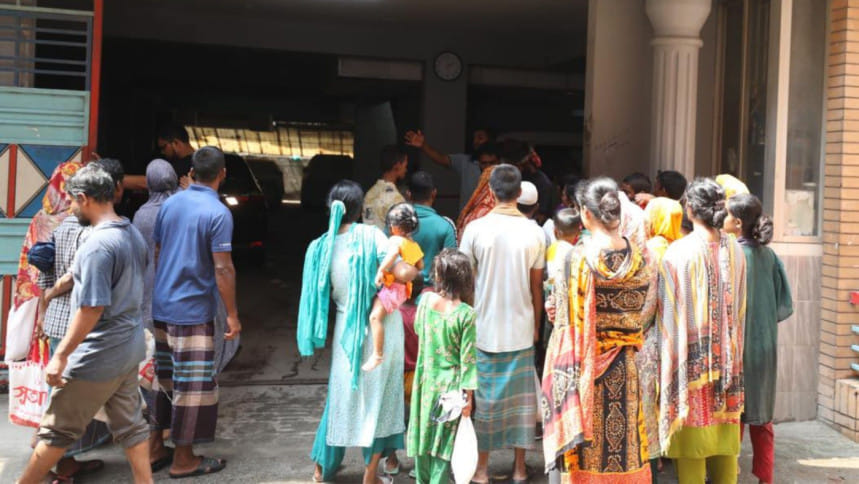
As the sacred ritual of Qurbani unfolded across Dhaka on Eid-ul-Azha, the spirit of sacrifice took many forms.
While the well-off fulfilled their religious duty by sacrificing cows and goats, crowds of people -- less fortunate and often overlooked -- stood patiently outside gates, waiting for a small share of meat they could take home to their families.
At every street corner, especially in the wealthy areas like Gulshan, Banani, Baridhara, Eskaton and Mirpur, groups of people -- many elderly women, barefoot children, and day labourers -- were seen going door to door, humbly requesting a portion of Qurbani meat.
For them, this was not just a religious celebration but an essential opportunity to bring protein to their plates, perhaps the only time in the year they would taste beef or mutton.
"I've been walking since morning," said 55-year-old Rokeya Begum in front of a house in Dilu Road.
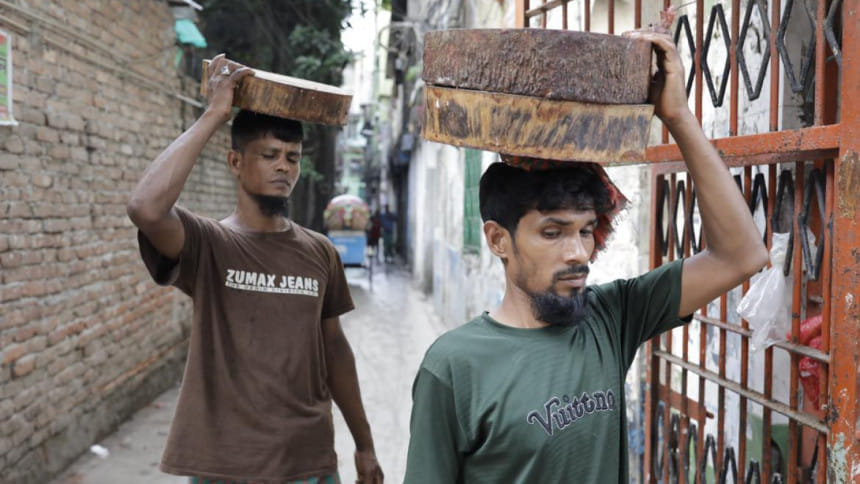
"I've got half a kilogramme so far. My grandchildren are waiting at home. This is the only time we can eat meat together."
As some collect out of necessity to feed their families, a small portion of collectors turn to selling the meat at city intersections like Gulistan and Farmgate.
They target customers like rickshaw pullers and CNG drivers, who work through Eid and cannot afford meat at market prices.
At Tk 400 to 500 per kg -- far below retail -- these sales offer both affordability to buyers and a modest income to the sellers.
"I bought one kg of beef for Tk 450. My kids were asking for it," said Mohammad Hanif, a rickshaw puller in Mohammadpur who bought meat from the Farmgate area.
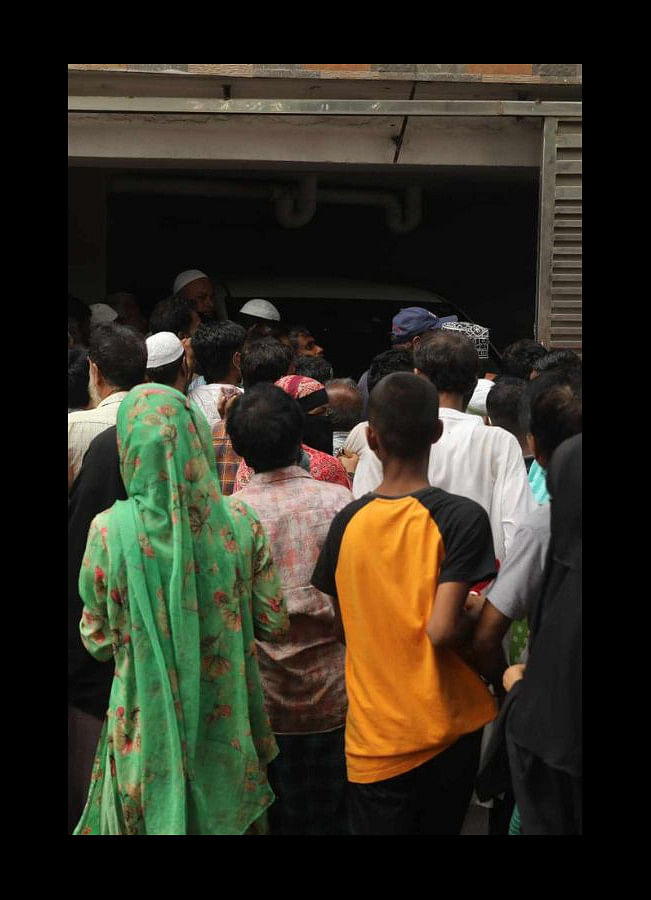
"I couldn't afford to buy a cow or even share one. This is how we survive."
Despite criticism from some quarters about the selling of donated meat, many see this as a reflection of the economic reality faced by millions in the country.
They said this practice, though informal, bridges the gap between surplus and scarcity -- between those who give and those who need.
Religious scholars urge understanding. "Islam encourages sharing and dignity," said a maulana who is an imam in Eskaton."If someone sells their portion to meet another need -- maybe to buy rice or medicine -- we should not judge. Compassion is the essence of Qurbani."

 For all latest news, follow The Daily Star's Google News channel.
For all latest news, follow The Daily Star's Google News channel. 



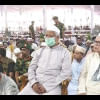
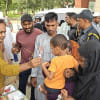


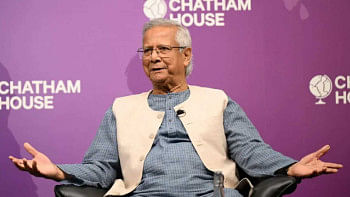
Comments